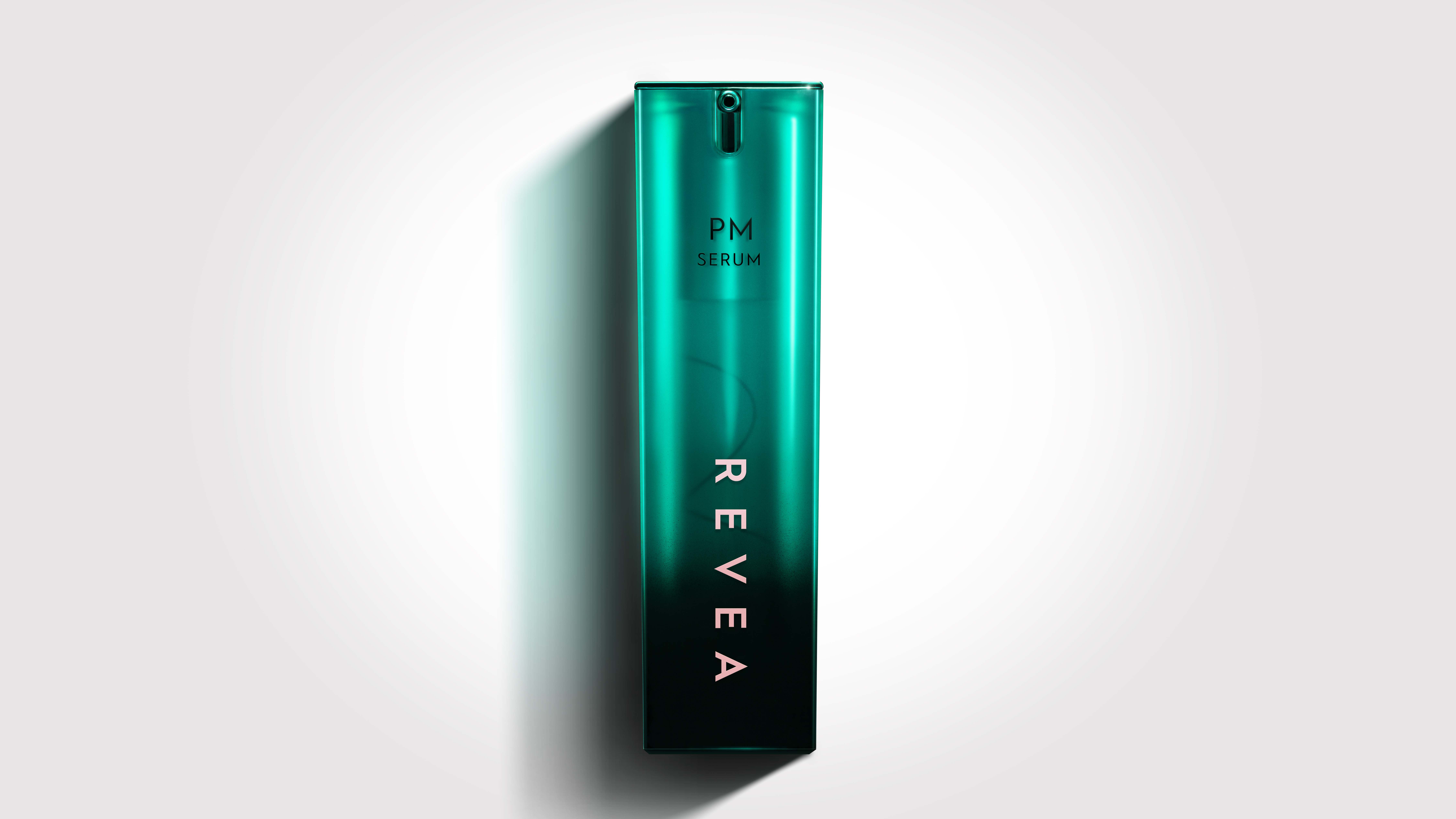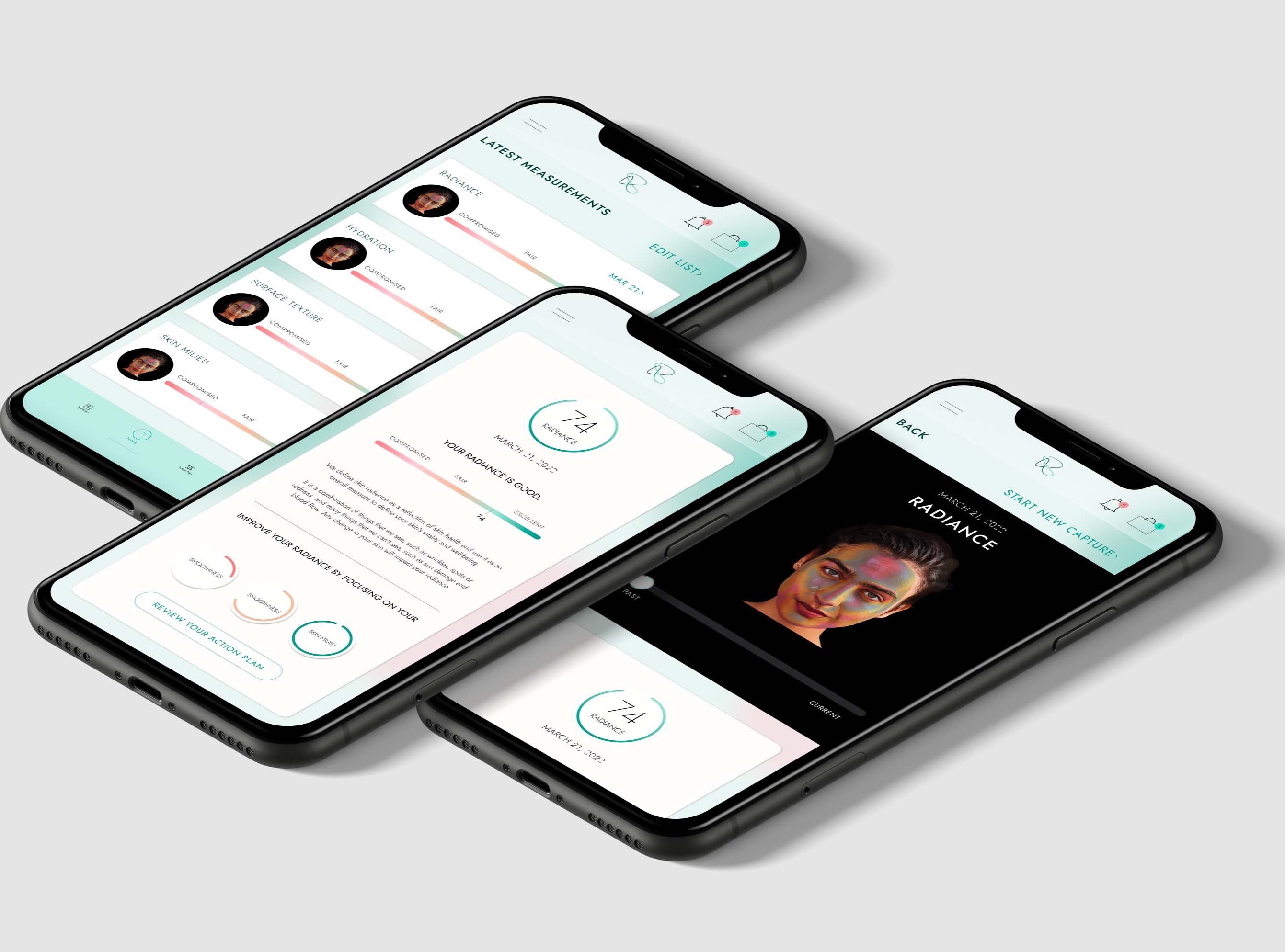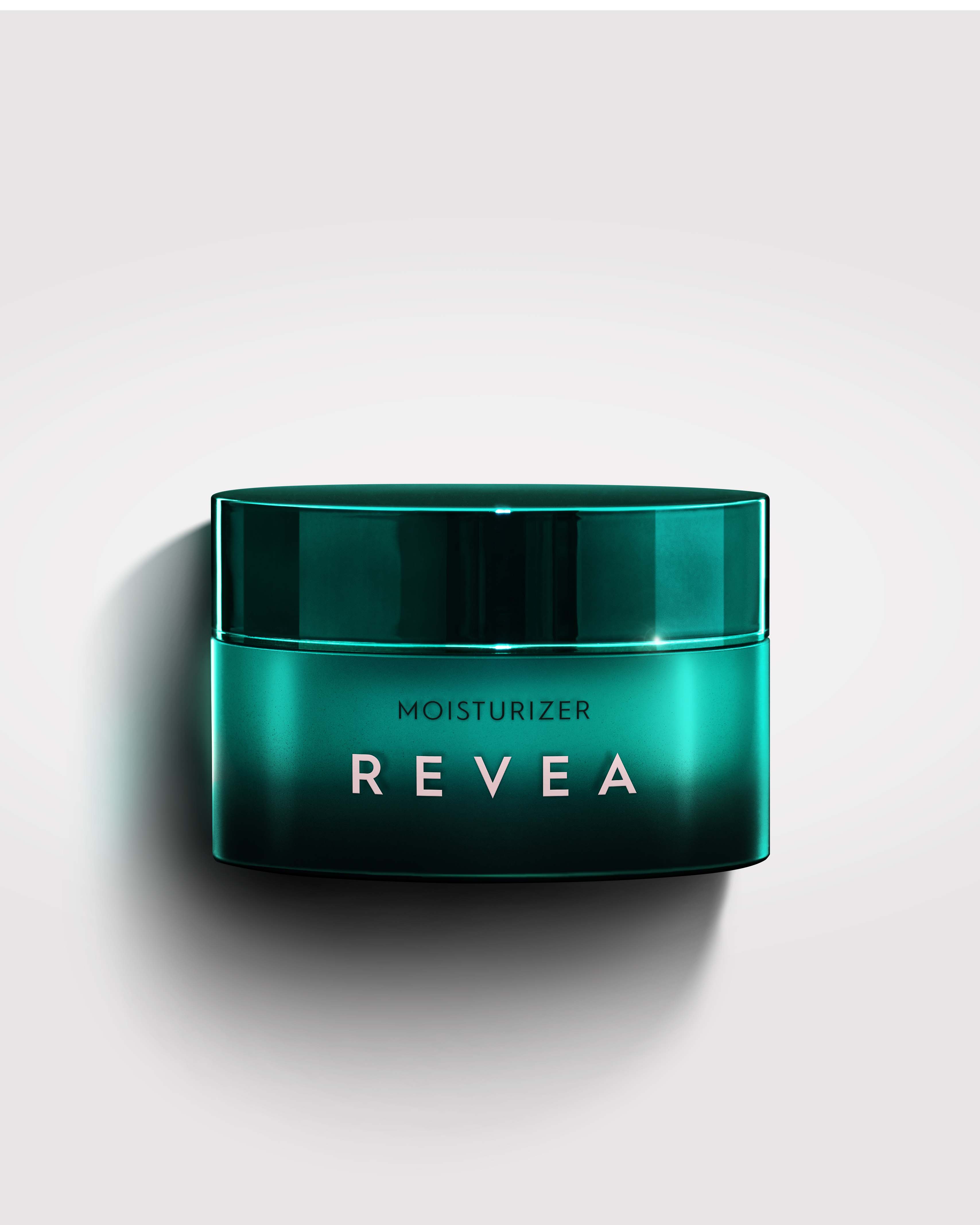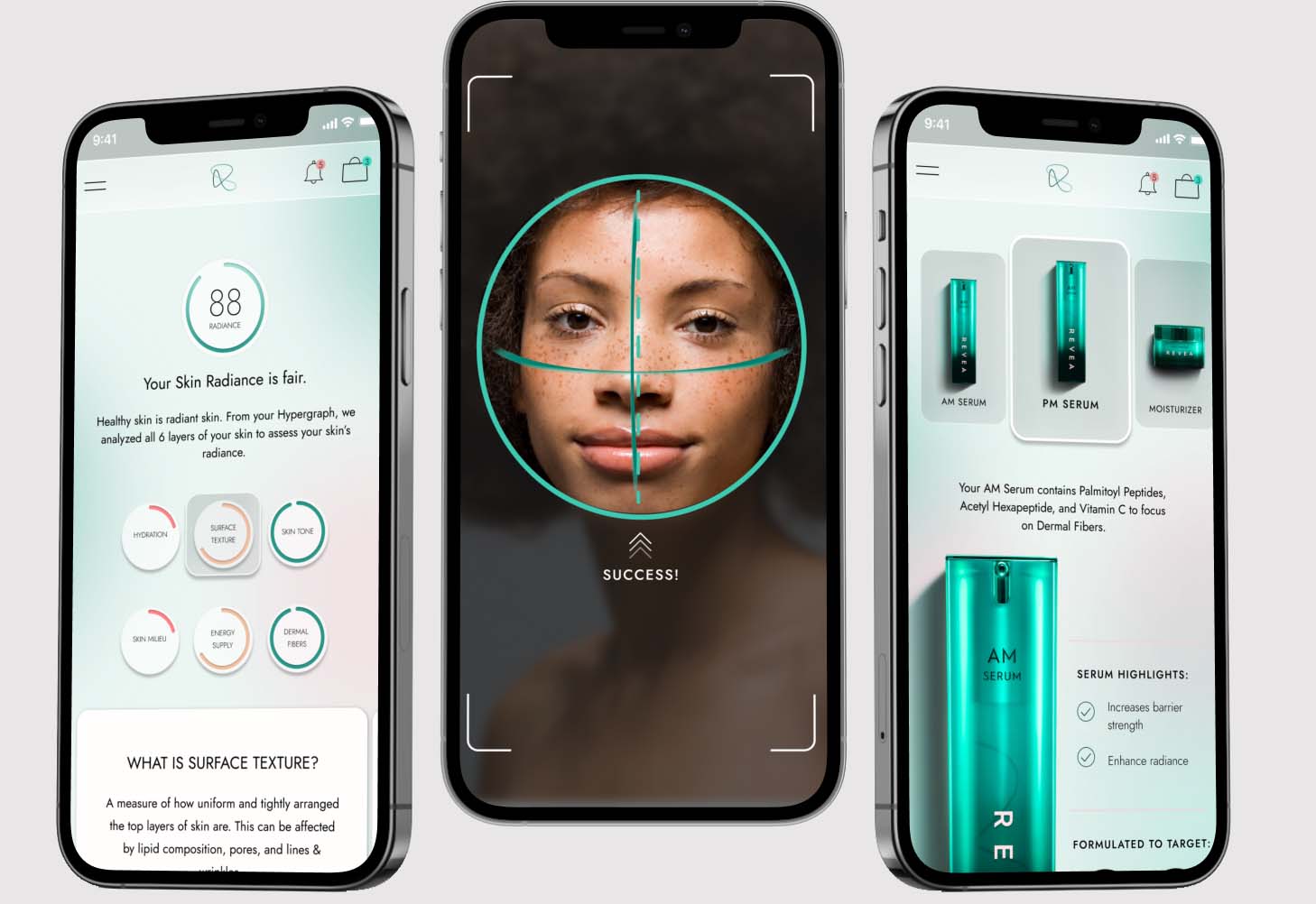Revea skin-mapping app uses Nasa technology in pursuit of a perfect complexion
The Revea skin-mapping app may be the next revolution in customised skincare, with unique camera-phone diagnostics

Receive our daily digest of inspiration, escapism and design stories from around the world direct to your inbox.
You are now subscribed
Your newsletter sign-up was successful
Want to add more newsletters?

Daily (Mon-Sun)
Daily Digest
Sign up for global news and reviews, a Wallpaper* take on architecture, design, art & culture, fashion & beauty, travel, tech, watches & jewellery and more.

Monthly, coming soon
The Rundown
A design-minded take on the world of style from Wallpaper* fashion features editor Jack Moss, from global runway shows to insider news and emerging trends.

Monthly, coming soon
The Design File
A closer look at the people and places shaping design, from inspiring interiors to exceptional products, in an expert edit by Wallpaper* global design director Hugo Macdonald.
Revea, a skin-mapping app that launched in autumn 2022, marks the next evolution in customised skincare, its pioneering, AI-driven technology elegantly dovetailing with bespoke formulations of premium ingredients.
Co-founded by Chaz Giles, a former vice president of innovation at Estée Lauder; Dr Troels Marstrand, a data scientist who developed precision dermatology treatments at Leo Pharma; and Kana Panchmatia, a biochemist now focused on bridging the gaps between diagnoses, chemists and doctors, Revea redefines what skincare can and should be by building upon a ubiquitous piece of technology – the camera in your phone.
Revea: skin-mapping using your camera phone

‘Revea delivers clinical-grade diagnostics on your mobile phone and bio-customised treatments that learn and adjust with your skin over time,’ says Giles. ‘We use Nasa imaging technology to measure your skin physiology layer by layer to understand your individual needs. Our team of experts and AI models then select the optimal ingredients, combinations, and levels to tackle the root cause of your skin needs. Each smart formulation is made to order in our San Francisco lab and evolves with you over time, adapting to your changing needs. While our technology is complex, what it delivers is simple: a better experience and better results.’
Revea’s patented AI engine combines skin biology, ingredient chemistry and machine learning to determine the best ingredient combinations and levels for each individual’s unique skin biology and current state. Users are first invited to scan their skin using the Revea app – taking pictures of their face at a series of different angles to determine what is required.

Once your diagnosis is completed, a product collection comprising an AM serum, a PM serum and an all-day moisturiser will be created, beautifully packaged and conveniently sent to a clients’ door. The suite of products is designed to be used in a three-month period, after which, it’s recommended that the user continue to track the state of their skin to tweak and adjust subsequent formulations.
‘For the first time ever, we are able to measure individual skin physiology through the mobile phone and produce made-to-order bio-customised treatments for each individual,’ Giles says.
‘My skin never fit neatly into the traditional four skin-type model and, like so many other consumers, I was frustrated with the wasted time and energy [and the continued] trial and error needed to find products that worked for my skin.’
Receive our daily digest of inspiration, escapism and design stories from around the world direct to your inbox.

He continues, ‘Traditional skincare is built around four skin types developed in the early 1900s. Our skin, however, is alive and dynamic. It is a product of our unique biology and diversity that could never be accurately captured by such a simplistic model. Revea updates the industry’s century-old understanding of skin and approach to formulating products. Using advanced diagnostics, we measured over 30,000 individuals and identified over 3,000 unique skin profiles. This data is the basis of our technology and formulation models to accurately identify individual skin needs and formulate specifically for each individual.’
Pei-Ru Keh is a former US Editor at Wallpaper*. Born and raised in Singapore, she has been a New Yorker since 2013. Pei-Ru held various titles at Wallpaper* between 2007 and 2023. She reports on design, tech, art, architecture, fashion, beauty and lifestyle happenings in the United States, both in print and digitally. Pei-Ru took a key role in championing diversity and representation within Wallpaper's content pillars, actively seeking out stories that reflect a wide range of perspectives. She lives in Brooklyn with her husband and two children, and is currently learning how to drive.